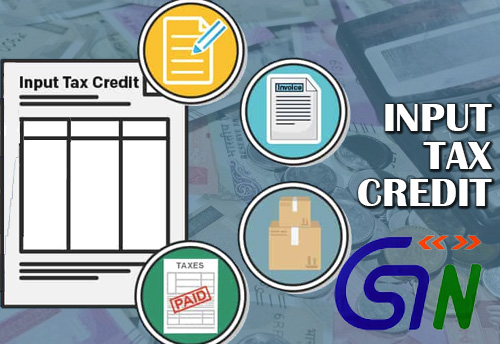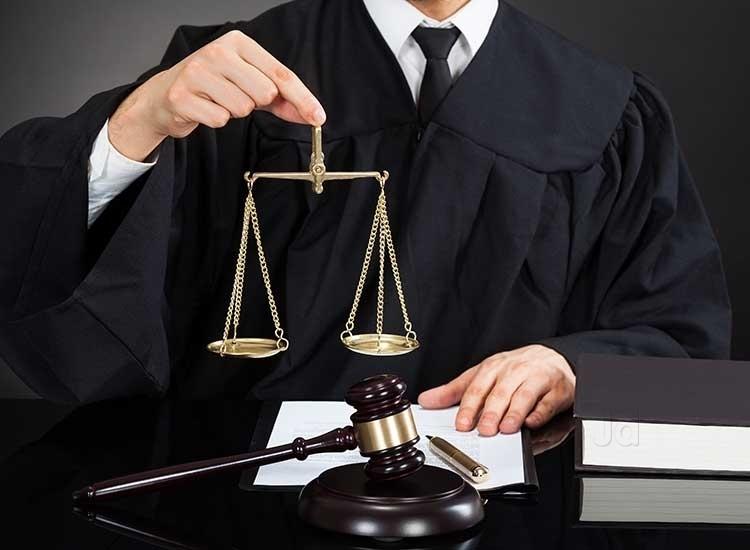The Calcutta High Court has in regard to writ filed by LGW Industries Ltd has issued the notices to the Centre and State over Input Tax Credit (ITC) restriction of 10% under Rule 36(4) of the CGST Rules, 2017.
The petitioner, LGW Industries Limited has in writ filed before Calcutta High Court challenged the constitutional validity and vires of Rule 36(4) of the CGST Rules/WBGST Rules and Section 43A(4) of the CGST Act/WBGST Act.
It was contended by petitioner that Rule 36(4) of the CGST Rules/WBGST Rules drawing its power from Section 43A(4) of the CGST Act/WBGST Act, which is yet to be notified, restricts ITC available to a buyer of goods or services to a maximum of 10% on the basis of the details of outward supplies furnished by the supplier of goods or services on the common portal i.e. filing of GSTR 1 return by the supplier.
The Counsel for the petitioners argued on the ground that Section 43A(4) and Rule 36(4) puts an onerous and impossible burden on the buyer of goods and services to somehow ensure that the supplier of goods or services does in fact uploads the details of outward supplies on the common portal and if the supplier fails to do so, it undergoes the risk of being denied the benefit of ITC.
This is violative of Article 14 of the Constitution inasmuch as it treats both the innocent purchasers and the guilty purchasers alike.
Restricting the benefit of ITC to a bona fide purchaser, only because of the default of the supplier or services to upload the details of outward supplies on the common portal, over which it has no control whatsoever, is arbitrary and irrational, the counsel added.
The petitioner further contended that this will discourage business entities to make purchases from a small and medium supplier of goods or services.
It therefore creates hostile discrimination against all such SME business enterprises that files their return on a quarterly basis and therefore violates Article 14 of the Constitution of India.
It adversely impacts their supply chain management, bargaining power etc. and consequently severely impacts their ability to continue business and therefore violates Article 19(1)(g) of the Constitution.
The ITC availed after satisfying the conditions of Section 16 of the Act is property of the taxpayer and therefore keeping ITC in suspended animation causes the deprivation of the petitioner’s enjoyment of the property and therefore, it violates Article 300A of the Constitution of India.
In response to the writ, the single-judge bench of Justice Shekhar B. Saraf, has issued notice to the Central and State Government to file its affidavit-in-opposition within four weeks, reply thereto, if any, two weeks thereafter.
READ / DOWNLOAD ORDER:
***
[rainbow]Don’t miss free GST e-books, next GST Update / Article / Judicial pronouncement[/rainbow]
Subscribe our portal and get FREE GST e-books , articles and updates on your e-mail.
Resolve your GST queries from national level experts on GST free of cost.
Frah Saeed is a law graduate specializing in the core field of indirect taxes and is the Co-founder of taxwallah.com. She has authored many publications on GST and is into full-time consultancy on GST to big corporates. She as a part of taxwallah.com heads a team comprising of Chartered Accountants and Advocates and plays a key role in our mission to disseminate GST knowledge to all.





Goods information. I need this type of judgement and notification on regular basis.
Thanks for the appreciation. You are requested to subscribe to our portal to get free daily GST updates in your inbox. Also please follow us on facebook and twitter.